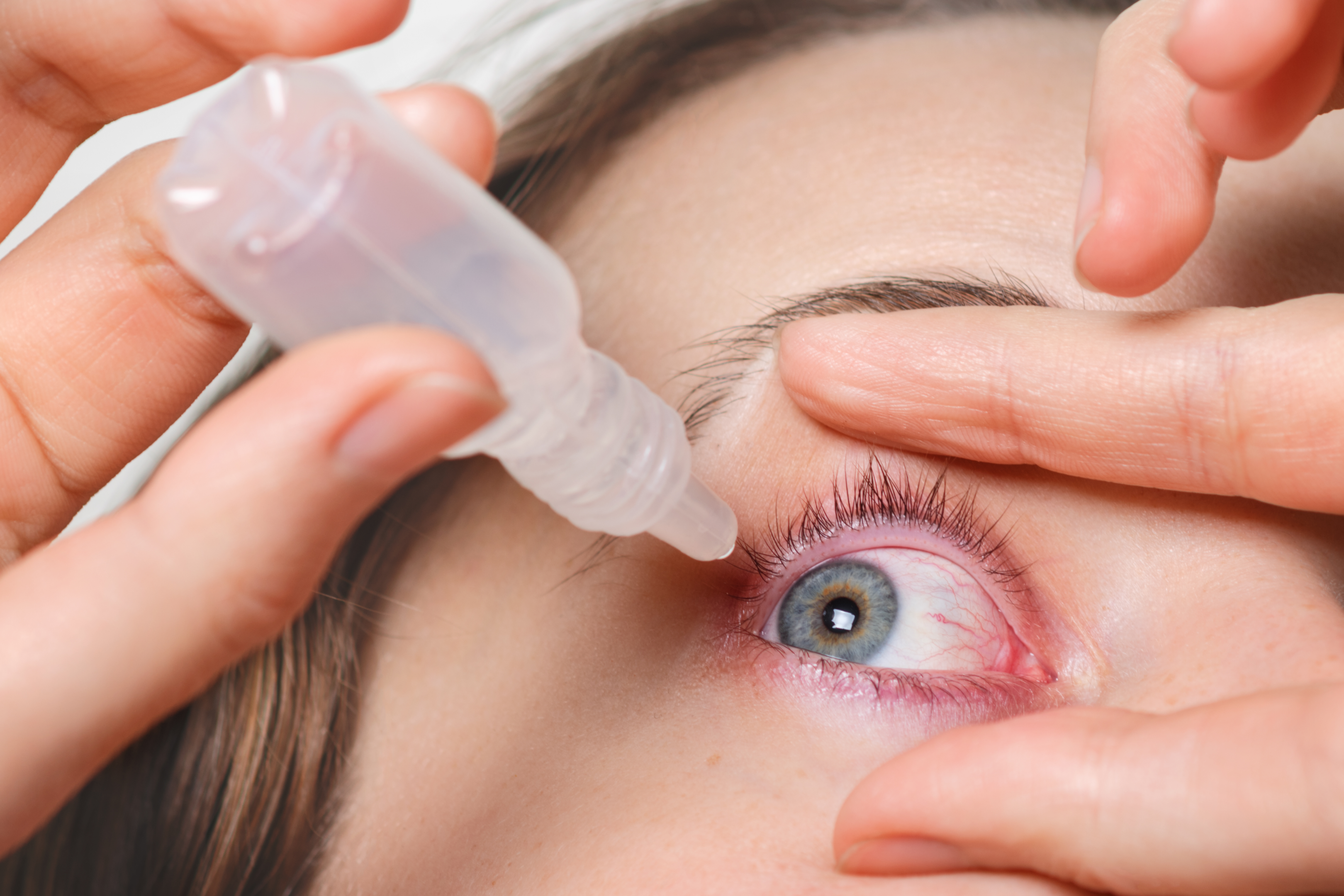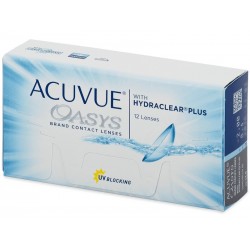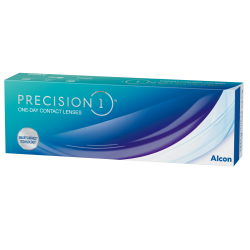Ways To Protect Your Eyes This Winter

It’s unimaginable to say you haven’t heard of sunglasses. But what about winter glasses? Not really? That is exactly the point. Rarely do people talk or worry about eye protection during the winter weather. However, winter does cause eye health to deteriorate if it is not properly cared for or protected. Two of the most common eye diseases include dry eyes and snow blindness.
The continuous penetration of winter’s dry air cause dry eyes. Dry eyes lead to irritation, itchiness, teary eyes, and so on. The other eye health issue results from excessive exposure of the eyes to harmful rays of bright sunlight. Referred to as snow blindness, it leads to blurry vision and can be very painful. Learn how to protect your eyes during the winter weather to keep your eyes healthy.
Wear UV-A or UV-B Sunglasses Even On Cloudy Winter Days
Wearing appropriate UV winter goggles is not just a staple but a necessity. During the winter, the sun’s rays reflect twice as much into your cornea as in summer. The high reflection rate during the winter season only happens because the snow reflects up to 80% of the sun’s rays and thereby burns the cornea. This process is what leads to snow blindness.
Medically referred to as Photokeratitis, snow blindness, or a sunburned eye causes vision changes in terms of haziness, color, and double vision. Snow blindness also causes a gritty feeling, headache, swelling around the eye, tearing, pain, and, in worst cases, vision loss. Note that goggles are different types, and only the right ones can protect your eyes. Therefore wear sunglasses that are made to help with UV protection. You can also use polarized winter goggles that protect you from 100% winter UV rays.
Keep Eyes Moist with Eye Drops

There are two ways you can get dry eyes from the winter season. The first is through continuous exposure to dry air. The other way is from the excessive use of indoor direct heating vents. The harsh, dry, cold air can suck out the moisture in your eyes if you are outdoors. Less moisture in the eyes leads to itchy eyes, blurry vision, watery eyes, and a burning sensation in the eyes.
Similarly, the heater dries out the natural tears in the eyes, leading to other vision problems. The cure for this is to add moisture to the eyes through eye drops or artificial tears.
Take Precautions When Using Contact Lenses
People wear contact lenses for several reasons, including beauty purposes, eye treatment, and so on. But did you know that wearing them too often during colder months has a hand in drying out your eyes? Though regular contact lenses are also created from thin materials, they don’t absorb moisture or allow oxygen to pass through easily. Hence they can lead to irritated, watery, and tired eyes. However, the single-use variations ensure more maintenance leading to better eye health. It also helps to absorb moisture that prevents dry and itchy eyes.
You can order contact lenses without Rx veryfication :

Acuvue Oasys 12 contact lenses
Order ACUVUE OASYS 12 contact lenses without a prescription verification

Precision 1 Daily contact lenses
Precision 1-DAY 30 contact lenses by Alcon are a leading product in the market, known for their comfort, high-quality vision,...
Eat Healthily

It’s funny that many people don’t connect winter months with healthy eating. Think of all the fruits, vegetables, and nuts that make up a healthy meal – most likely, thoughts of summer would come to mind. However, don’t let the freezing temperatures discourage you; you need to eat healthily for your eye health. This is because no matter how much you try to reduce UV exposure to your eyes, one way or another, the chemical structures and bonds in the cornea and pupil are affected. Therefore, this season, pay more attention to foods that help improve your eye health. Some foods are dairy products, onions, seeds & nuts, almonds, eggs, fish, and many more.
Stay Hydrated
Winter is not only about the colder temperatures but also about cold winter winds. Winter months are characterized by dry cold air; even without being aware, they strip away moisture from your body. Dehydration is a common problem in the winter because many skip the need to drink water and, instead, opt for hot beverages. Though beverages help keep the cold air out, water replenishes the body like no other liquid can. Drink water as often as you can this season, and you’ll notice how brighter, more moisturized, and protected your eyes will be.
Consult your Optometrist

An Optometrist or Ophthalmologist is an eye doctor that corrects vision problems, prescribes recommended eyeglasses for patients, treats eye diseases, and helps with contact lenses. A certified ophthalmologist is also trained in many eye surgeries and clinical procedures. Though cases of dry eyes, irritated eyes, snow blindness, and other eye conditions mentioned are not life-threatening, they can wreak havoc on the body’s balance and stability.
Therefore, immediately if you sense any symptom of eye issues (some including watery eyes, itchiness, redness, swelling, pain, irritation, pus, and so on), head on to the doctor for treatment. If you use contact lenses, you might be at risk of needing cataract surgery.
FAQs
What are 5 ways to protect your eyes?
It would be best if you protect your eyes at all times. In summer, UV sunglasses will work. During spring months, hats should be pretty close. The fall season is the time to wear those single-use brown or emerald contact lenses, and white embraces UV winter goggles. The final thing to do is to visit your eye doctor, fortunately.
How do you prevent dry eyes in the winter?
To prevent the effect of the cold weather on your eyes, protect your eyes from UV rays by using goggles. Also, use goggles if you engage in snow sports where you face the wind directly. Further, drink a lot of water to keep yourself hydrated from within.
What are 3 ways you can protect your eyes from the sun?
If you wish to keep your eyes healthy during winter, wear sunglasses (UV protection) even during cloudy days. Keep your eyes hydrated by either drinking water or using eye drops. Finally, eat healthily and keep your doctor informed.






